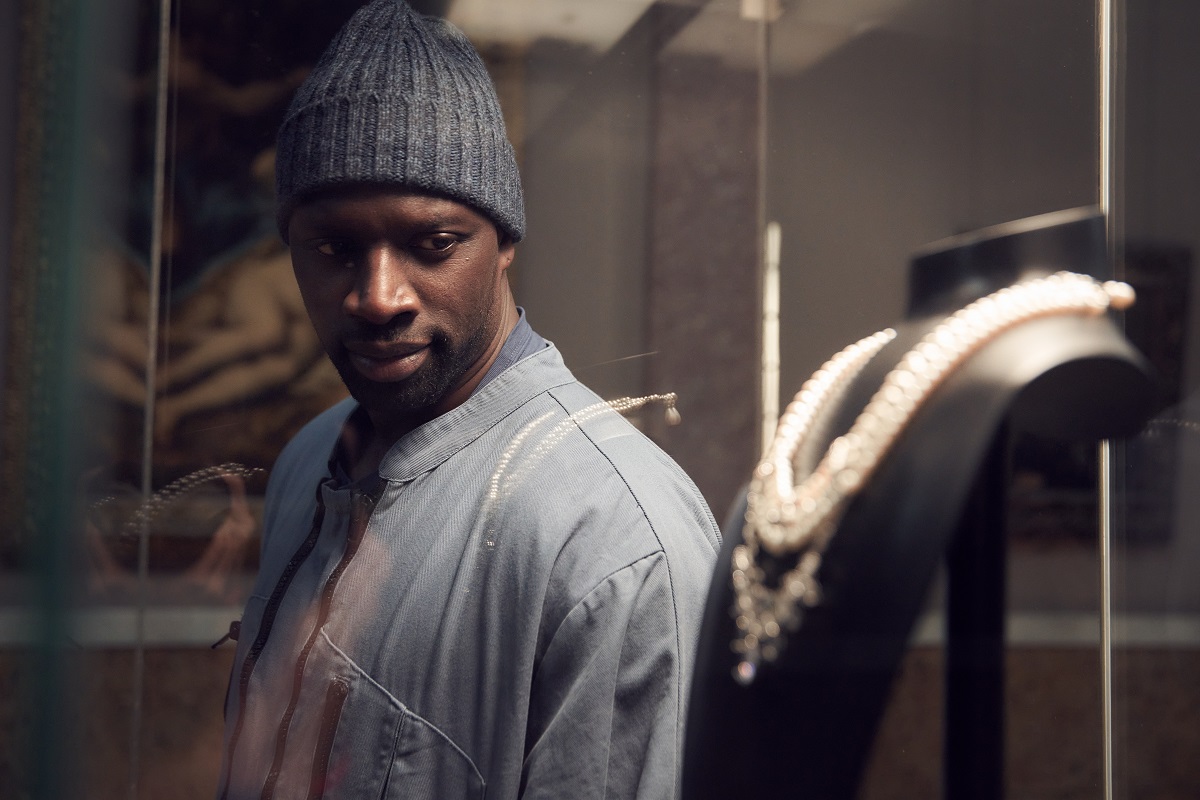In 2021, the French-language Netflix series Lupin took over, becoming the first French series to debut on Netflix’s U.S. top 10 list. Well-made and brilliantly paced, the show gave us suspense, intrigue, and beautiful shots of Paris. It also introduced us to Assane Diop, portrayed by Omar Sy.
If you haven’t seen the show yet, there are some spoilers ahead.
Assane and his father Babakar are of Senegalese origin. Every immigrant, or child of an immigrant, will quickly infer that Babakar took Assane to Paris so he could have a better life.
A single dad, Babakar found a job as a driver for billionaire magnate Hubert Pellegrini. Modest, and reasonably paid, everything seemed great until the Diops found themselves becoming more enmeshed with the Pellegrini family. Later, we see perhaps Hubert had nefarious reasons why he brought the Diops into his life. Babakar is arrested for a crime he didn’t commit and takes his own life in jail.
A fan of books about French gentleman thief Arsène Lupin, Assane Diop becomes a talented thief and scammer.
At the start of the show, Assane decides to use his skills to show his father was innocent and clear his name. A solitary man, we see how Assane’s community comes to his aid even when he feels alone. His best friend, lover, ex-wife, a well-regarded journalist, and even this journalist’s dog help Lupin in his quest for justice.
2020’s Black Lives Matter protests are credited with contributing to Lupin’s popularity with English speakers. Racial injustices in France have been well-documented. Riots, protests, literature, and cinema have emerged exposing the problems Black French people face. 1995’s La Haine (Hate) provides commentary on life in the arrondissement (council estates, or projects, as they’re sometimes called in the US) for Black and Arab French residents, as well as the working-class white French people who live there.
The show’s plot gives us no other choice but to root for Assane with or without the help of the system. Like so many who fight against a much bigger enemy, Assane is often encouraged to give up. However, he poves to be relentless in his fight, as he continues to push forward even as the consequences of his actions catch up with him.
In modern-day Paris, liberty, equality, and brotherhood are supposedly the foundations of current-day society. Assane and Babakar may not be real, but their stories depict the tragic consequences that occur when Black men deal with false accusations and a rigged criminal justice system. The narrative of both father and son reminds us of the tragedies that occur in Western countries around the world that continue to preserve the false narrative that they do not see color.
Assane and Babakar’s background as Senegalese-French immigrants is also an important and salient point. Immigrants’ rights movements in the United States often focus on mestizo and white Latinx immigrants while excluding Black and Indigenous Latinx immigrants, as well as immigrants from other parts of the world. This has slowly started to change, but it’s too little too late for many Black immigrants who’ve experienced deportation and excessive police force as they attempted to make it in the United States.
In Western countries, immigrants are expected to perform with perfection and excellence at all times. We are expected to feel shame when we’re not the best, or when we stray from the path that is expected of us.
We root for Assane on the screen, but would we help someone in real life who faced a similar predicament? Would we believe an Assane if we were to hear their story?
The answer to this question might be uncomfortable for some people. Pop culture isn’t the answer to our societal and moral failures, but creating a complicated nuanced character such as Assane can help us understand that we need everyone fighting unjust systems to win. Perhaps these stories while fictional can provide the roadmap to true allyship.
Netflix has confirmed a third season of Lupin and provided a teaser during Tudum. The first two seasons can be found there.

